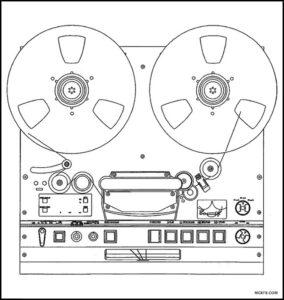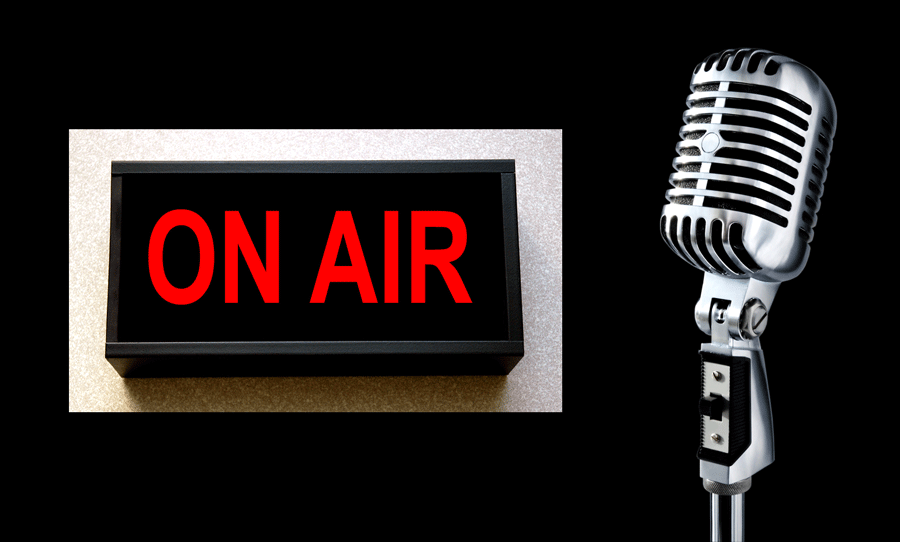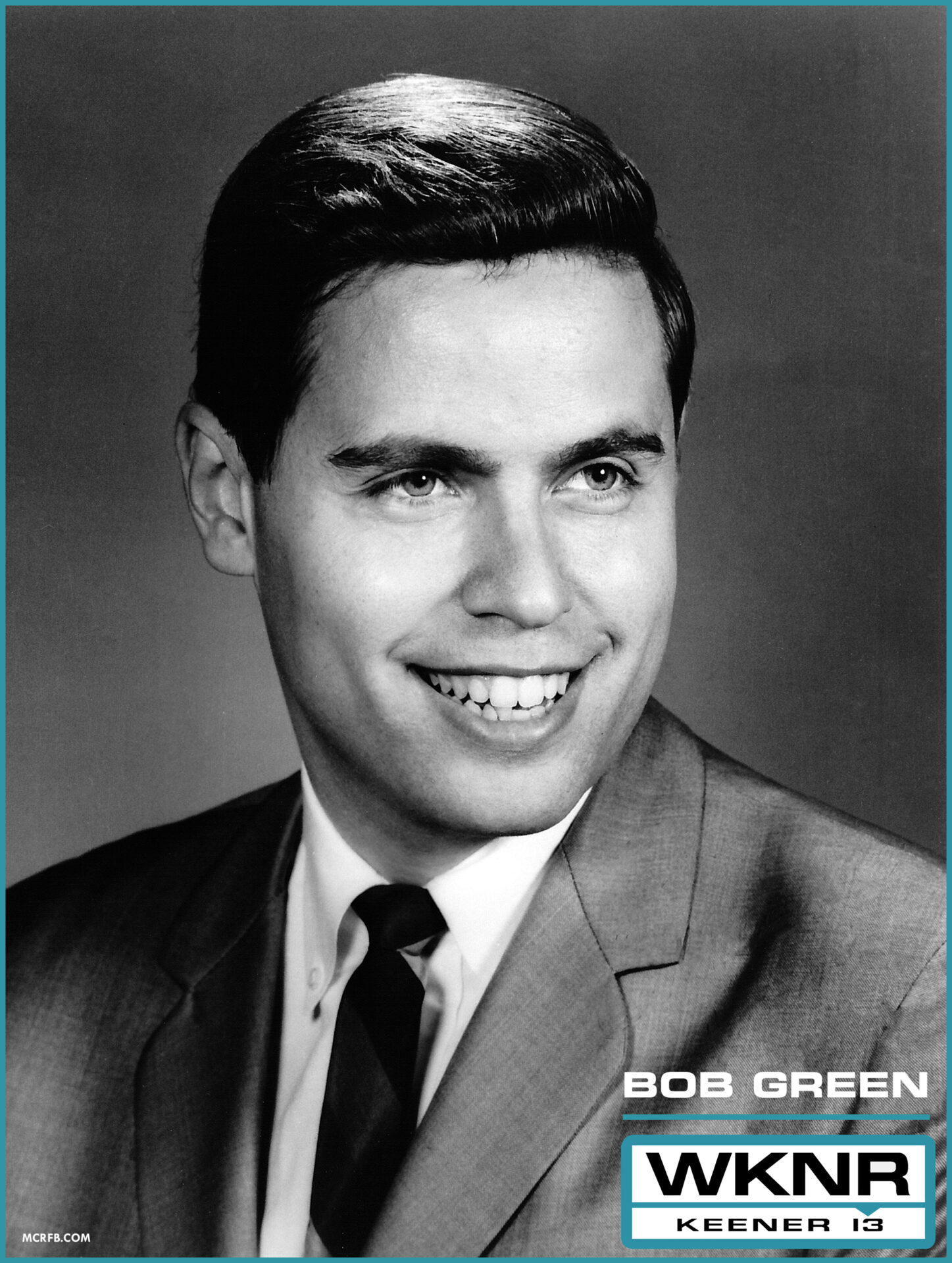 A special THANK YOU to Kip Brown, of Three Rivers, MI., for having contributed this WKNR aircheck, many years ago, for our Motor City Radio Flashbacks airchecks repository.
A special THANK YOU to Kip Brown, of Three Rivers, MI., for having contributed this WKNR aircheck, many years ago, for our Motor City Radio Flashbacks airchecks repository.
Our contributor, Kip Brown, first wrote to us, nine years ago:
“Hello there! As I write this I am transferring a 45 year old WKNR FM log recorder reel from October of 1970. It is from a collection of them I purchased many years ago that included both AM and FM tapes from March to October of 1970. As you may know, log recorder tapes were off-air recordings done for commercial performance or if something controversial happened and management needed a playback of the incident. They were recorded at a very slow speed so as to maximize available reel space. They contain hour after hour of continuous WKNR radio, uncut. I sold copies of some of the recordings years ago from the AM tapes. Most of the 1970 tapes on this very site came from those transfers. I have never circulated the FM transfers.
Thanks, and I enjoy your site very much!”
Kip Brown
Three Rivers, Michigan | 2015/12/31 at 8:30 pm
_____________________
 The featured audio presentation was extracted from an actual 12-hour WKNR logger tape from March 30, 1970. Today, we are featuring the first two hours of Bob Green’s show on WKNR from that day. Fifty-four years ago.
The featured audio presentation was extracted from an actual 12-hour WKNR logger tape from March 30, 1970. Today, we are featuring the first two hours of Bob Green’s show on WKNR from that day. Fifty-four years ago.
Bob Green is a legendary broadcaster in Detroit radio history. He began his broadcasting career in Detroit at WKMH in 1961, then moved to Miami before returning to Detroit in 1963 to join “the new WKNR radio 13”, where he stayed until early 1968. He came back to WKNR for a short period between 1970 and 1971. Bob, today, is fondly remembered as “the voice of Keener 13.” Currently, he resides in Austin, TX, after having run Bob Green Productions, which was previously based in Houston.
About the logger tape: The logger tape recording was an essential technology for radio stations before the digital age revolutionized recording and playback.
Here’s a breakdown of what logger tape is and why it was crucial:
 Logger tape refers to a continuous reel-to-reel tape used to record radio broadcasts. The term “logger” comes from the concept of “logging” or documenting broadcasts for various purposes. The logger tape would run continuously at ultra slow speed, recording everything that was broadcasted over a particular period.
Logger tape refers to a continuous reel-to-reel tape used to record radio broadcasts. The term “logger” comes from the concept of “logging” or documenting broadcasts for various purposes. The logger tape would run continuously at ultra slow speed, recording everything that was broadcasted over a particular period.
The large tape would continuously record broadcasts over a 24-hour period, typically using a loop of tape that was automatically replaced once it was full. This ensured that all broadcast content was captured without manual intervention.
Logger tapes also provided evidence that specific content, like public service announcements or political broadcasts, was actually aired as required.
Broadcast verification. Regulatory bodies, such as the Federal Communications Commission (FCC) in the U.S., required radio stations to keep records of their broadcasts. This was to ensure that stations adhered to regulations and maintained the integrity of their content.
Logger tapes served as evidence in legal disputes or complaints, such as copyright issues or allegations of improper content. If there were disputes about what had been broadcasted, the logger tape served as a complete record that could be reviewed in such cases, and if required.
Newly restored! This featured WKNR (logger tape) audio recording was digitally remastered by Motor City Radio Flashbacks.
![]()











